One emotion we humans are all too familiar with is pain. The happiness or excitement we experience cannot go on too long without being interrupted by something painful, such as a breakup, losing a job or a close friend or family member, coming down with a pretty serious illness, or even just the general existential dread that comes with being alive. It is quite possible to carry pain for years, decades even, and have it invade every part of our lives, showing up in both unexpected and all too familiar ways.
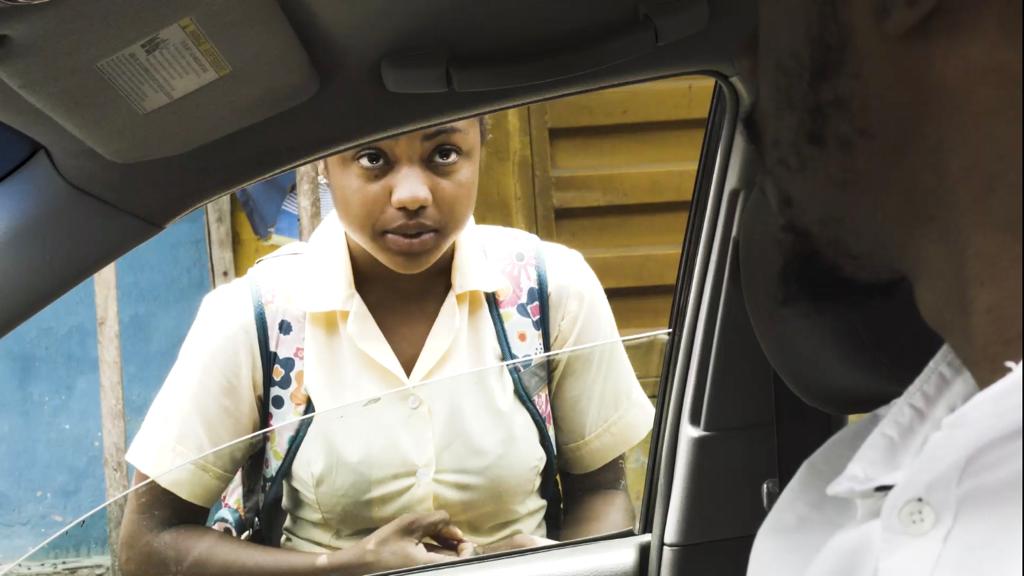 ‘Samaria’ Review: In Cinema, as in Life, Things are Not Always What They Seem
‘Samaria’ Review: In Cinema, as in Life, Things are Not Always What They Seem
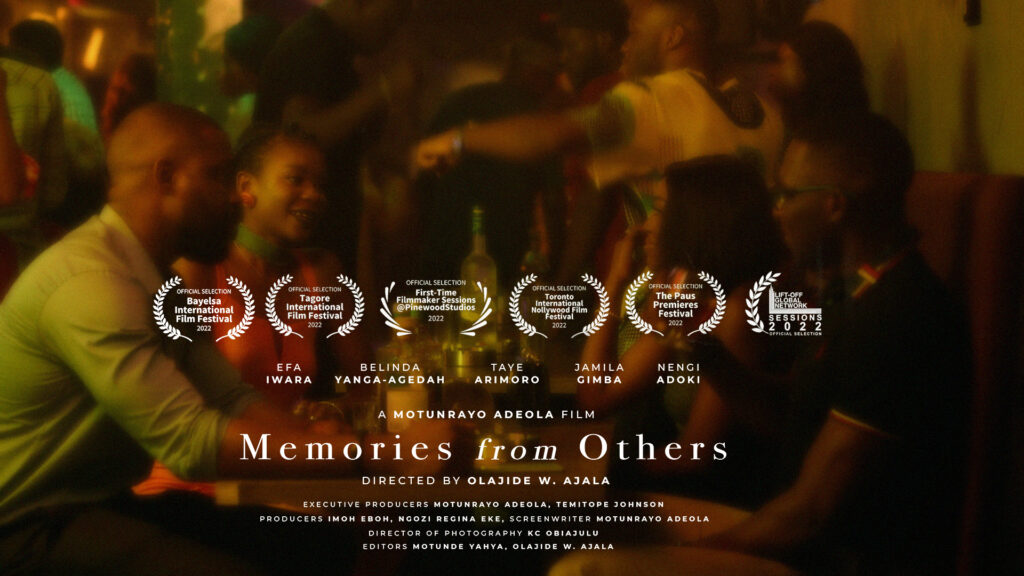
It is pain of this sort that the characters in Memories From Others are dealing with. The logline is as follows: “Dejare (Efa Iwara) and Misan (Belinda Yanga-Agedah) go through life with lingering effects of child abuse from trusted caregivers. Are they equipped to navigate their traumas as adults?” Efa Iwara plays Dejare with a quiet demeanor, only speaking as many words as necessary, but it is obvious that there is so much anger brewing just beneath the surface. Even with his friend, Tolu, he behaves formally and seems as if he perpetually has his guard up. The reason for this is soon revealed. Due to a traumatic event in childhood when Dejare was molested by an older woman, and a friend of the family at that, he hasn’t been able to have any lasting romantic relationship with women.
Misan, Like Dejare, is also still reeling from the painful incidents of her past, which seem lodged deep in her heart, almost becoming a part of her. This is seen in the automatic, reflex response she has to Tolu (Taiye Arimoro) grabbing her sensually, which is to suddenly push him away while wearing an expression of anxiety and disgust.
For people living with trauma, especially of that nature, certain acts can trigger them by seemingly recreating the conditions of their abuse. It can be really hard to work through too, especially without professional help, and the filmmakers do a good job of showing how much of a problem this can be.
Another short film that explores the same topic is Reflections, directed by Tosan Anyanfulu and written by Kelvin Amamize as part of a project for the EbonyLife Creative Academy. The introductory paragraph of the review I wrote for that film could easily be for Memories from Others: “Reflections explores the lasting effects of childhood trauma in adulthood. There are too many of us, especially in a country such as Nigeria where not enough attention is paid to mental health issues, who are broken and unhealed from terrible events or conditions we suffered in our early years. Reflections places such a situation front and center, showing how demons of the past almost always find their way to the present.”
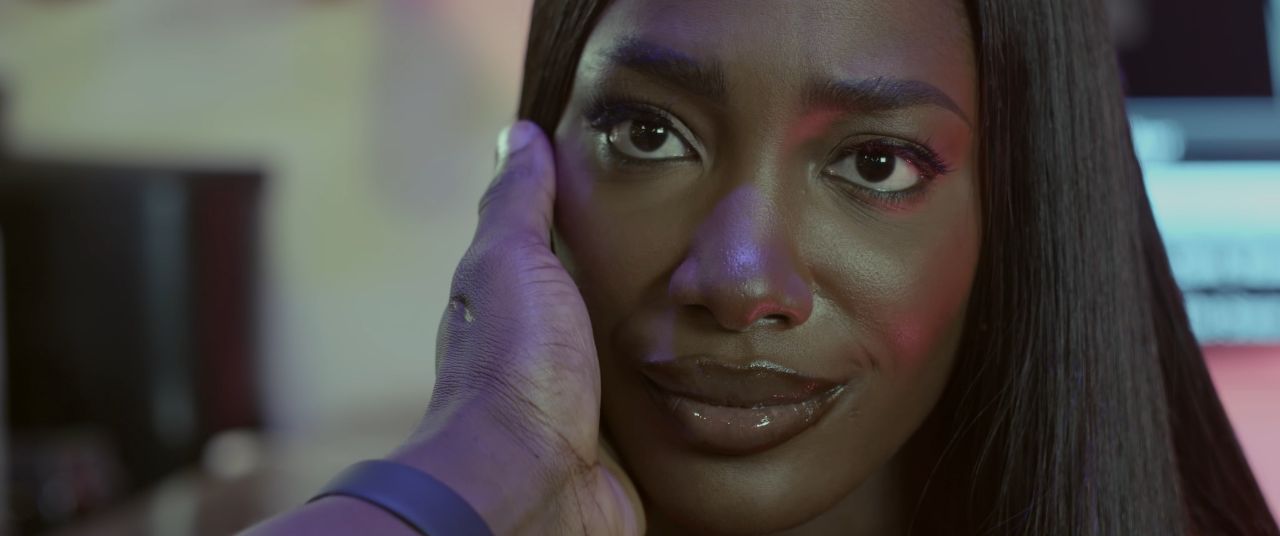 Short Film Review: Biddy-da-dum, ‘BOO’D UP’ Delivers an Engaging Watch
Short Film Review: Biddy-da-dum, ‘BOO’D UP’ Delivers an Engaging Watch
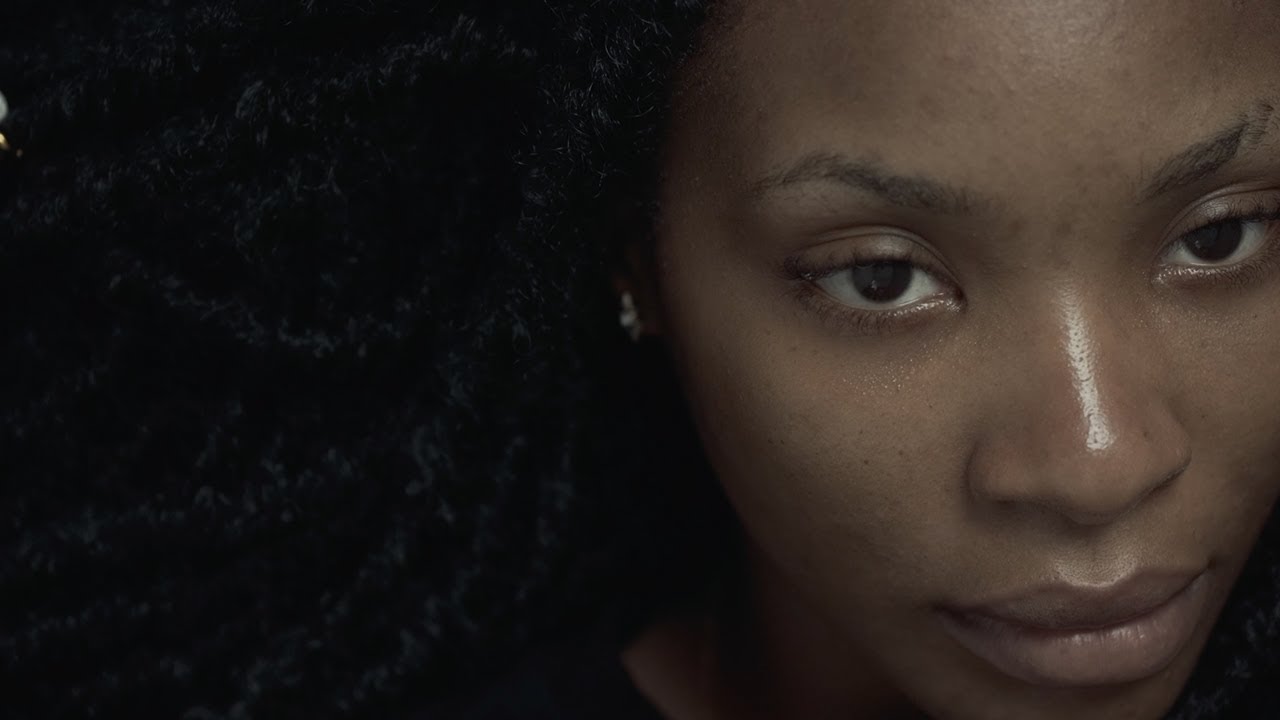 ‘The Way Things Happen’ Review: “Cinema as Therapy”
‘The Way Things Happen’ Review: “Cinema as Therapy”
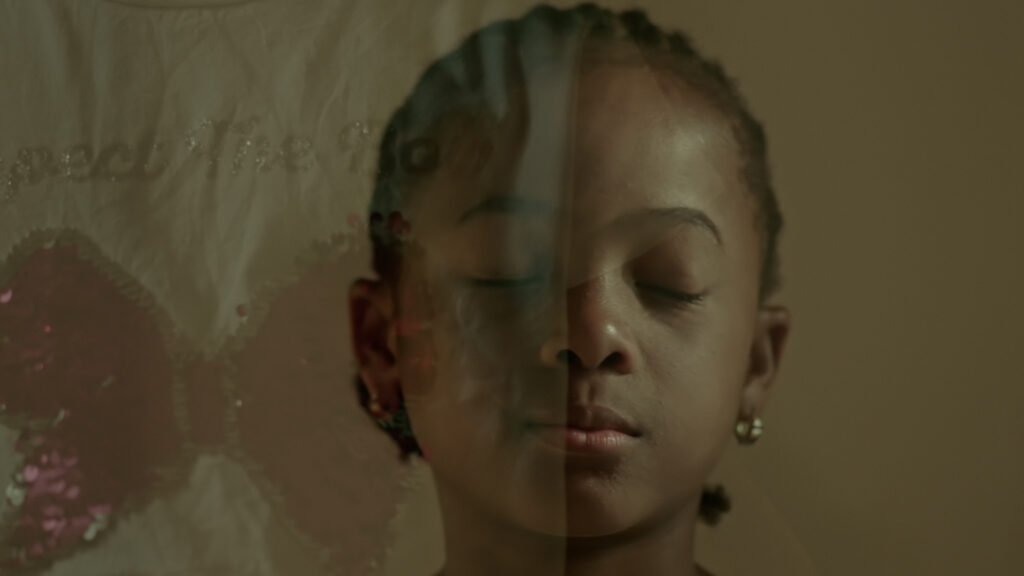
Directed by Olajide W. Ajala from a screenplay by Motunrayo Adeola, Memories from Others is a film with a strong and timely message. I was discussing with a friend after seeing this film, the prevalence of short films about child abuse and the resultant trauma in adulthood. The reason these kinds of stories are prevalent is because the actual occurrences are prevalent. As a matter of fact, the situation needs to be explored by more filmmakers, everyone bringing their unique interpretation to the public consciousness.
The first half of Memories from Others would remind you of a music video, mostly because a great deal of it takes place in a club, with the filmmakers attempting to capture the ambience of such a setting, with song after song playing both in the scene and non-diegetically, and slow motion shots of people tearing it up on the dance floor.
This plays in contrast to the second half which sheds more light on why Misan and Dejare seem caught in a state of perpetual nervousness and arrested development. One of my favorite moments in the story is when Misan is on the phone with her mother, who berates her for not respecting her elders by choosing to call her older relatives by name. It is such a big deal for her that one senses that if Misan’s mother can be that overbearing over a short phone call, she must be borderline unbearable in person.
What this little tidbit tells us is that if Misan is still subject to the whims of her mother as an adult, being a child in the same house with her must have been hell. One reason issues of child molestation happen at all or go on for long is because, in our culture, parents are not known to believe a child over an adult. Even when the child is clearly uncomfortable with a particular adult, the parents see it as nothing but misbehavior on their part. If Misan’s mother can still be stuck up about such a complete non-issue now that she is older, how much more of a bone of contention would it have been when Misan was a child, and by our society’s standards, not entitled to a voice or an opinion?
Dejare goes home with Chidera (Nengi Adoki) later that night but stops making out with her suddenly because of the memories of the insidious thing that was done to him. In the morning, he gets into a row with his sister (Jamila Gimba), accusing her of not being there for him even when she suspected something very wrong was going on. Belinda Yanga’s Misan, after reflexively pushing Tolu away again, narrates that chapter of her childhood to him. The solution the story writes for both of them is for Dejare to see a therapist and a caring, understanding significant other for Misan. I disagree with the latter, even though I know that it is what most people opt for (an overwhelming majority of us in this country never see therapists for our issues; we desperately should); however, even with a spouse who cares and understands, the reality is that this doesn’t make the trauma automatically go away. There’s a place for the love and support of a loved one but professional help should be sought in tandem. .
Memories from Others, like many other message films before it, seems devoid of stakes or conflict. These elements are definitely in the story but they are not communicated effectively. What is the implication of Misan and Dejare never getting help to heal their wounds? In what ways does this hinder them? How does this translate to the millions of people out there who are going through the same things? Again, these questions are answered, just not to any gut-punching degree, and sometimes, especially with films like these, what you want to do is leave the audience reeling from an emotional punch to the gut. There is a balance between over-sentimentalizing your theme to the point of parody, and going with a subdued approach and this film fails to find it, although it tries very hard.
Still, Memories from Others is a good work that accomplishes what it sets out to. Hopefully, our society takes heed.
Watch the short film here.
Share your thoughts in the comments section or on our social media accounts.
Keep track of upcoming films and TV shows with Google calendar.

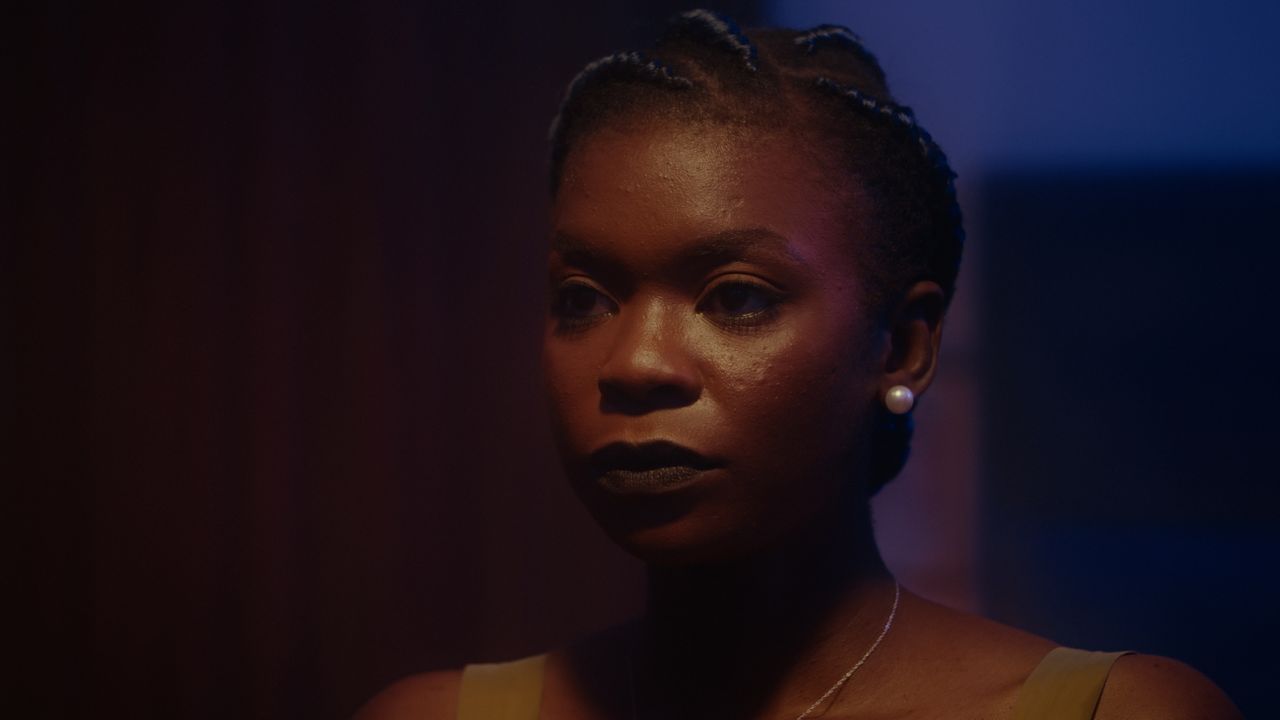
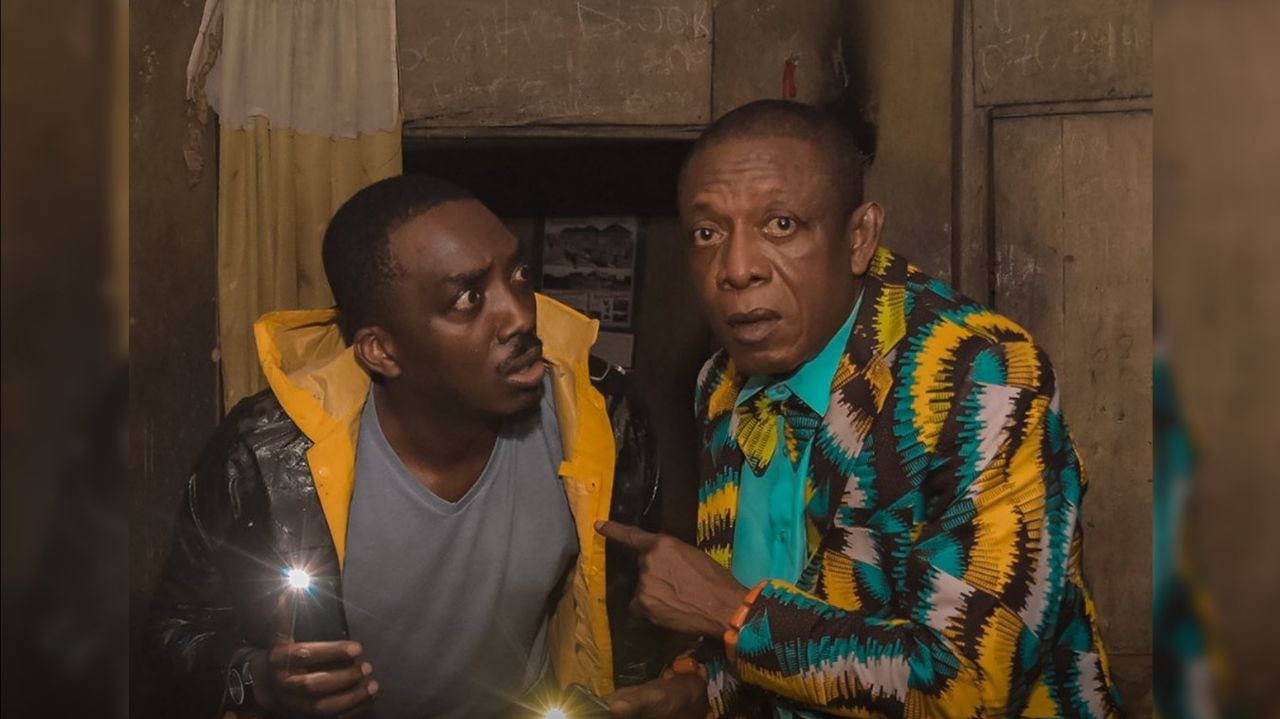
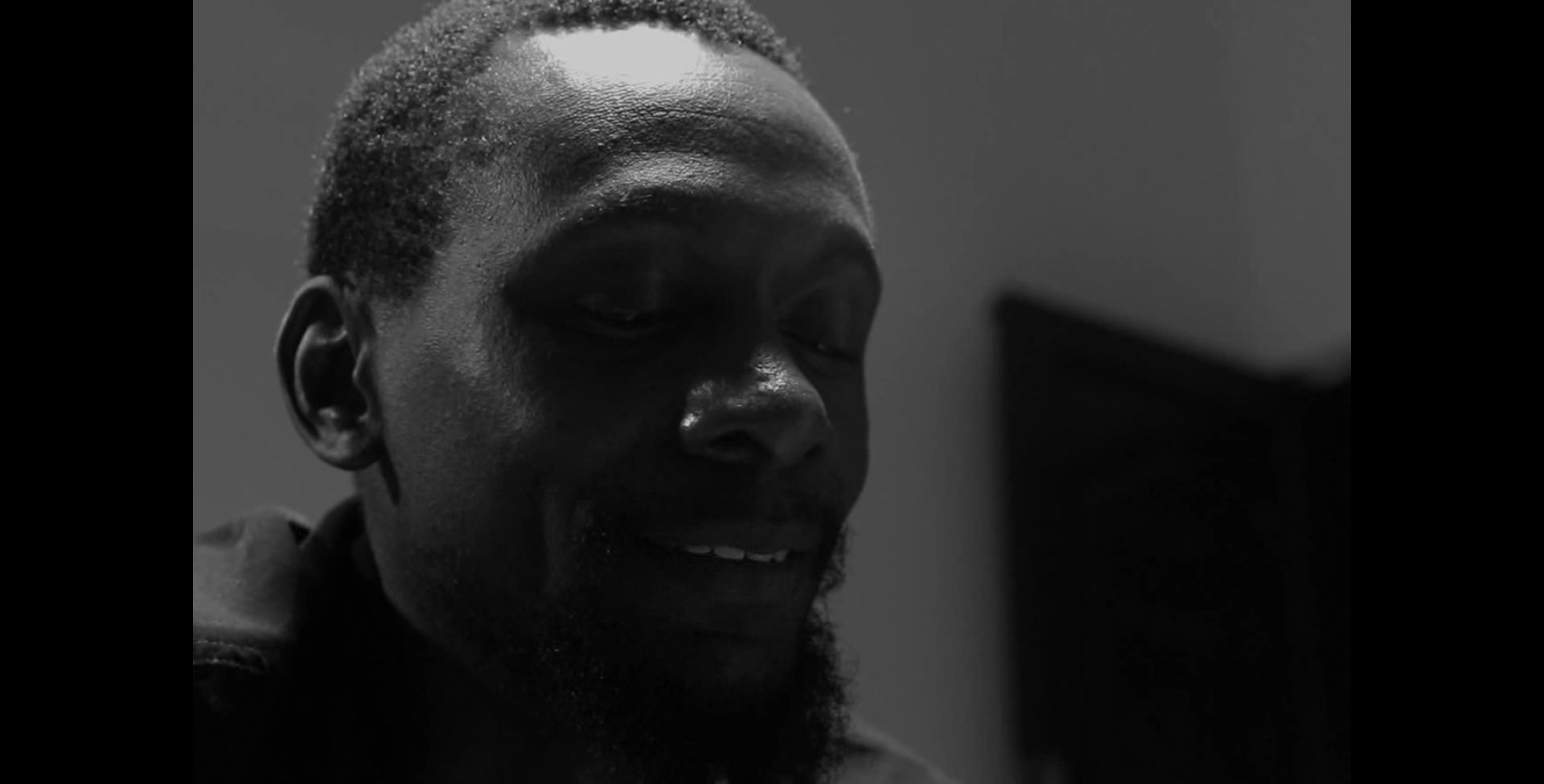

1 Comment